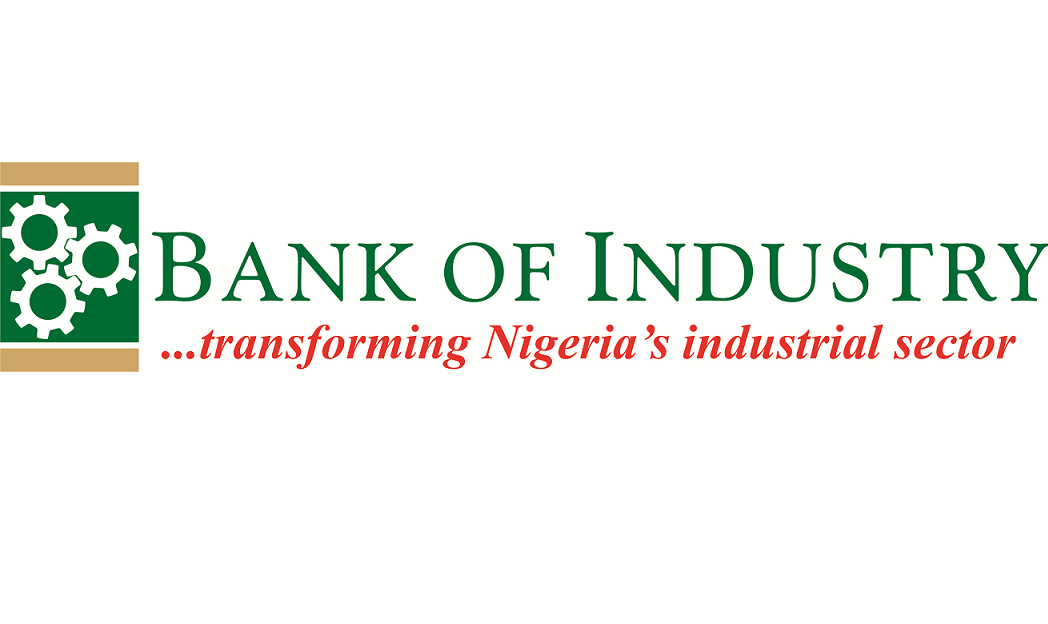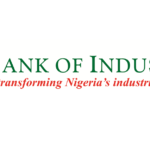Despite significant global and local economic downturn, the Bank of Industry (BoI) says it has so far disbursed N496 billion to Nigeria’s Micro, Small and Medium Enterprises which has aided the creation of two million jobs in the economy.
Speaking at the 64th Annual General Meeting which was held in Abuja on Wednesday, the chairman of the Shareholders Committee, Mallam Muhammed Bala, also stated that “The bank’s profit before tax increased by 117.69%, rising from N70.7 billion to N153.81 billion, which is the highest in its history.
Speaking on its mandate to provide credit to businesses, he added that “BOI significantly increased its disbursements to large, medium, small and micro enterprises, advancing credit amounting to N496.717 billion to 75,809 beneficiaries.
“These efforts have had a substantial socio-economic impact, creating approximately 2,198,953 direct and indirect jobs across the country.
- Tinubu inaugurates 132kv transmission line in Ondo
- Fubara appoints 8 commissioners, charges them on loyalty
“Also, the bank’s loans and advances saw a substantial increase of 41.5%, rising to N1.14 trillion and N803.6 billion respectively, due to increased interventions and disbursements to enterprises, which reflects the bank’s ongoing efforts to provide essential financial support to businesses across various sectors,” Mallam Muhammed added.
In the bank’s outlook for the coming year, the chairman stated that “Subsequent to President Tinubu’s Renewed Hope Agenda and in tandem with the National Development Plan (2021-2025), the Bank of Industry will continue to implement its medium-term corporate strategy for 2022-2024, on effectively sustaining the trajectory of supporting Nigeria’s industrial growth.”
In his remarks, the Managing Director, Dr Olasupo Olusi, noted that through the bank’s disbursement lines and managed intervention programmes, including the Smallholder Farmer Financing Product, MSME Distributor Finance Programme, Fintech/Digital Lending Product, amongst others, “the bank has not only contributed to President Tinubu’s goals of economic recovery and job creation, but also have empowered Nigerian enterprises, especially the micro and small ones, to remain in operation sustainably.”

 Join Daily Trust WhatsApp Community For Quick Access To News and Happenings Around You.
Join Daily Trust WhatsApp Community For Quick Access To News and Happenings Around You.

